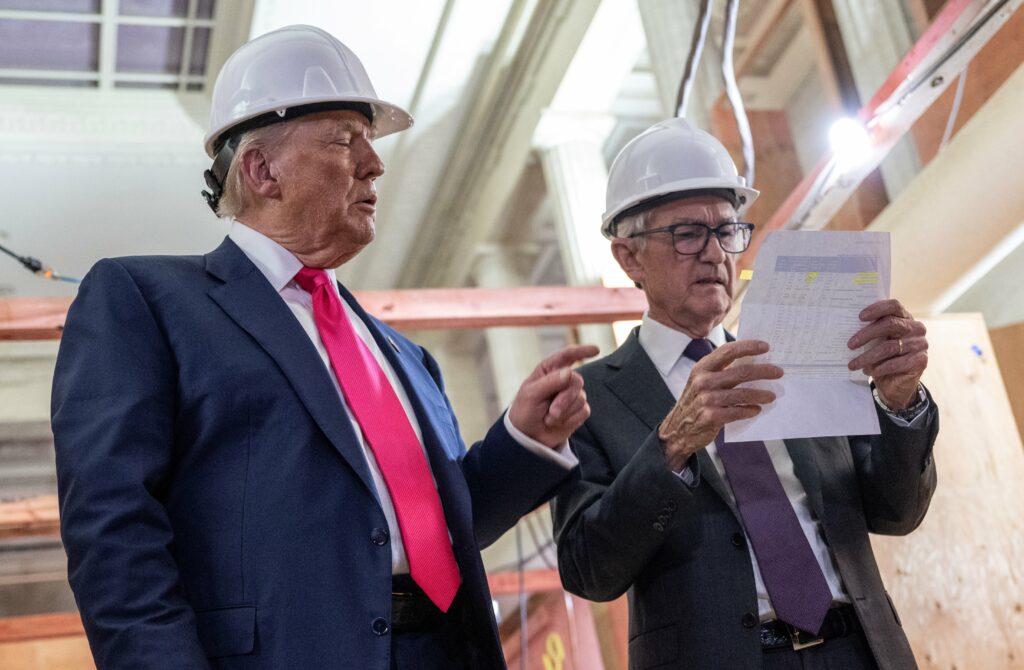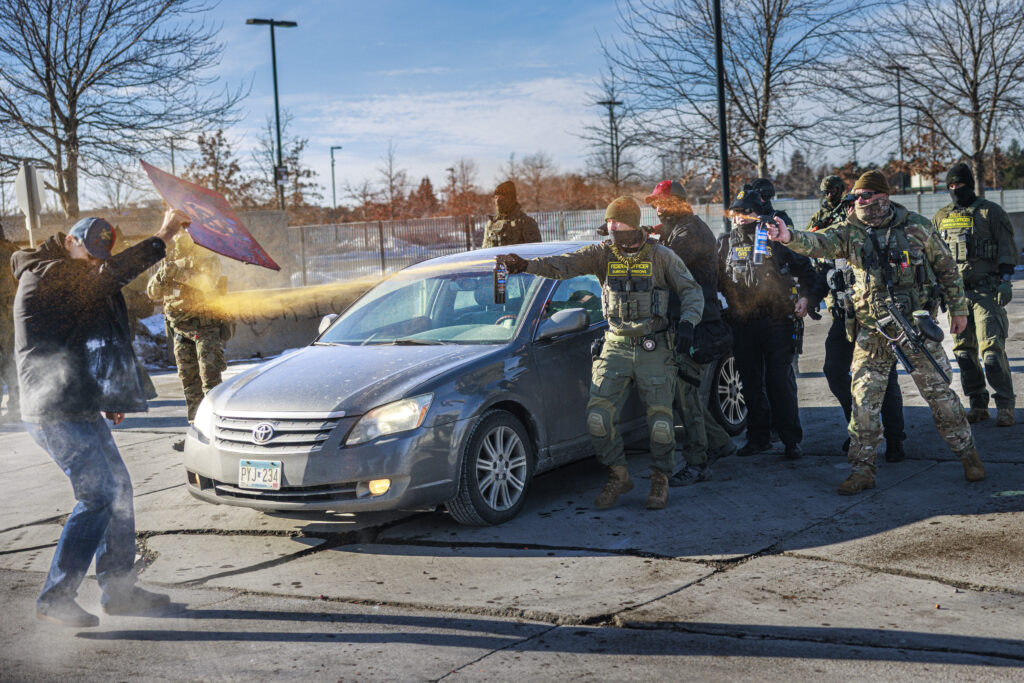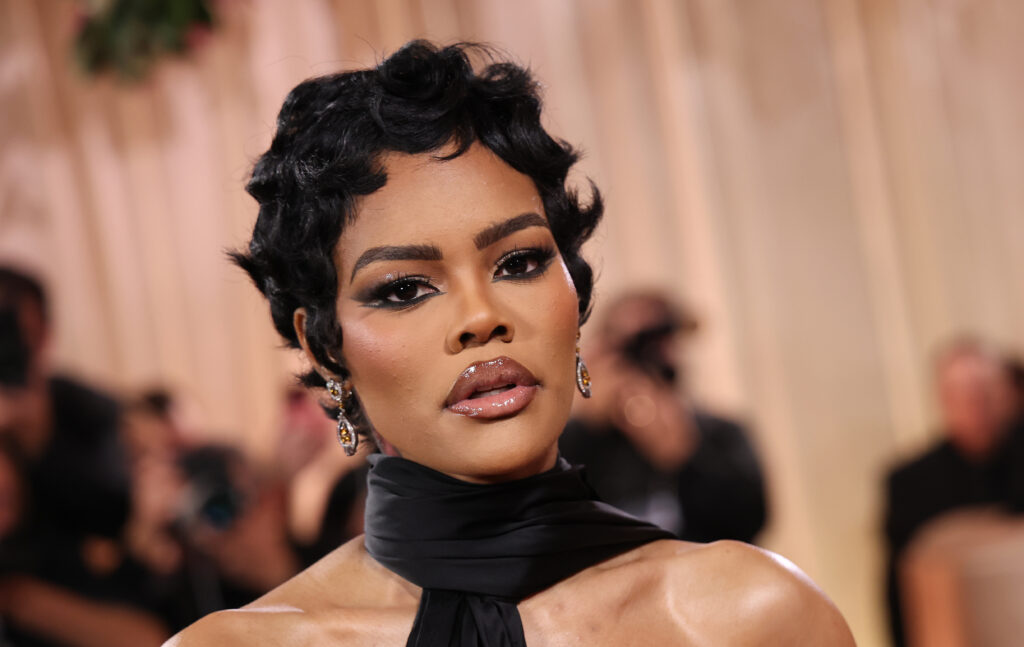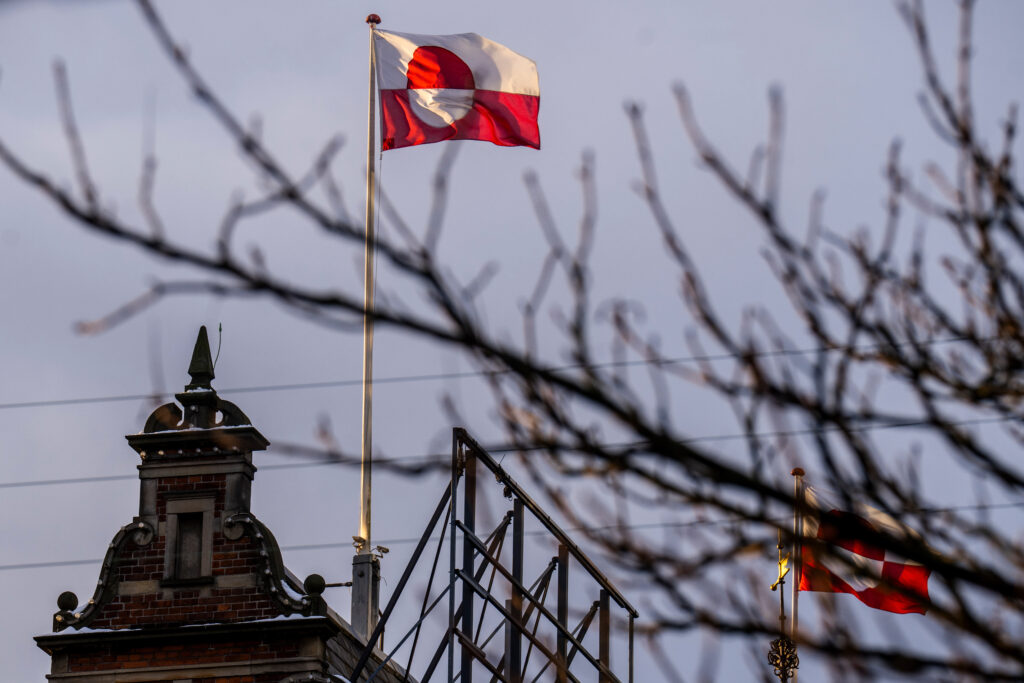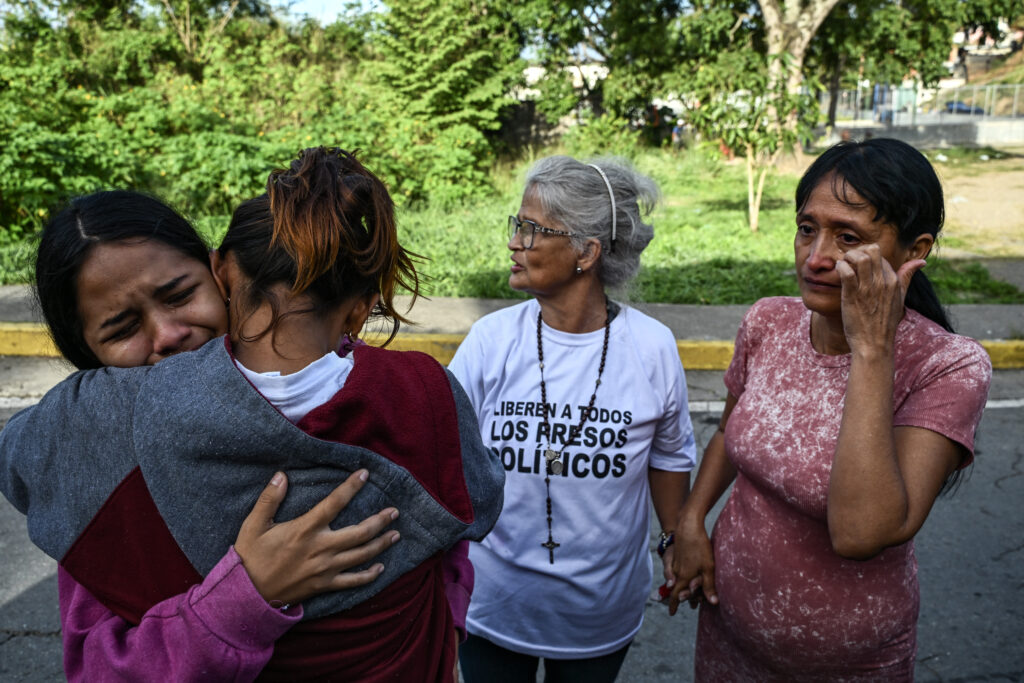Fed chair Powell says targeted by federal probe
Federal Reserve Chairman Jerome Powell said Sunday that US prosecutors have opened a probe into his comments to lawmakers and threatened an indictment, a move he said is part of President Donald Trump’s pressure campaign on monetary policy decisions.Powell added in a statement that the bank received grand jury subpoenas on Friday, “threatening a criminal indictment” related to his Senate testimony in June, which concerned a major renovation project of Federal Reserve office buildings.He dismissed the possible threat of indictment over his testimony or the renovation project as “pretexts.””The threat of criminal charges is a consequence of the Federal Reserve setting interest rates based on our best assessment of what will serve the public, rather than following the preferences of the President,” Powell said.He branded the “unprecedented action” part of the “administration’s threats and ongoing pressure.”The Fed, which makes independent monetary policy decisions, has a dual mandate to keep prices stable and unemployment low.Its main tool in doing so is by setting a key interest rate that influences the cost of borrowing across the economy, while its board members typically serve under both Republican and Democratic presidents.Trump has consistently pressured Powell and the central bank to move faster in lowering interest rates, in a breach of the long-standing independence of the institution.Trump on Sunday denied any knowledge of the Justice Department’s investigation into the Federal Reserve.”I don’t know anything about it, but he’s certainly not very good at the Fed, and he’s not very good at building buildings,” NBC quoted Trump saying.- ‘Corrupt takeover’ -Senators from both sides of the aisle blasted the investigation. “It is now the independence and credibility of the Department of Justice that are in question,” Republican Thom Tillis said.”I will oppose the confirmation of any nominee for the Fed — including the upcoming Fed Chair vacancy — until this legal matter is fully resolved,” he added.Senate Minority Leader Chuck Schumer, a democrat, called the probe an assault on the Fed’s independence.”Anyone who is independent and doesn’t just fall in line behind Trump gets investigated,” Schumer said.Powell’s term as chairman of the Federal Reserve ends in May, and Trump told Politico in an interview last month that he would judge Powell’s successor on whether they immediately cut rates.The US president has openly spoken about ousting Powell but stopped short of doing so, and focused instead on cost overruns for renovation of the Fed’s Washington headquarters.In July, the cost of the Fed’s facelift of its 88-year-old Washington headquarters and a neighboring building was up by $600 million from an initial $1.9 billion estimate.That same month, Trump made an unusual visit to the construction site during which the two men, clad in hard hats, bickered over the price tag for the makeover.
